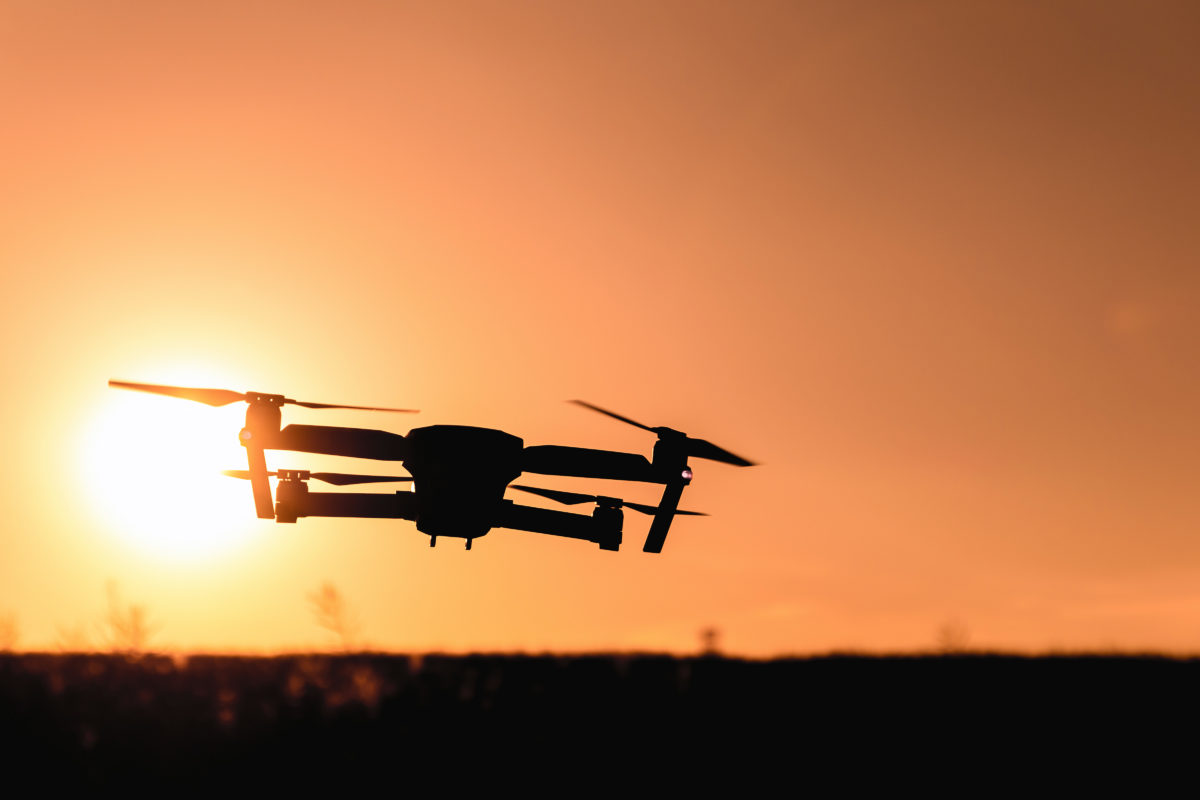UK Drone Laws – Know Your Responsibilities
This post discusses the responsibilities placed upon you if you are a drone owner. It is vital to ensure that you are aware of, and complying with, the UK drone laws.
Considering buying a drone for someone for Christmas? Read this first.

What are drones?
A drone is any object that can be flown without a human pilot. The range of small gadgets that can be freely bought by members of the public are the focus on this post, and these can be controlled remotely and attached to a camera to provide a live-feed to the person controlling the drone.
When are drones a problem?
Drones become a problem when they interfere with other objects using the same airspace. They can present a problem for both military and civilian aircraft. Despite their relatively small size a collision could have disastrous consequences. Such incidents are more likely to happen when drones are flown too high or too close to areas where aircraft are taking off and landing frequently.
What are the UK drone laws?
If you have bought a drone for personal use, then you have some responsibilities relating to your use of that drone. Breaching these duties can result in prosecution. It is advisable to consult the Civilian Aviation Authority Air Navigation Order 2016, specifically Articles 94, 95 and 241. You can also download the ‘Drone Code’, which is a handy guide.
You must understand your essential duties under UK drone laws as a drone owner, many of which are common sense:
– know how to fly your drone safely, and do so within the law
– understand that the operator is legally responsible for every flight
– keep your drone in sight at all times – stay below 400ft
– don’t fly your drone over a congested area
– never fly within 50 metres of a person, vehicle or building not under your control
– ensure any images you obtain using the drone do not break privacy laws
– avoid collisions – you should never fly a drone near an airport or close to aircraft.
It is a criminal offence to endanger the safety of an aircraft in flight. If you break the rules, you could threaten life and also face prosecution, in some cases resulting in imprisonment or a substantial fine.
Are there extra rules when using drones for commercial purposes?
If you want to use a drone for commercial purposes, for example as an estate agent to take aerial video of properties for sale, then permission must be sought from the Civilian Aviation Authority. It is also expected that you will attend an accredited course which will test your knowledge of and competence with drones.
The bottom line
While drones are incredibly popular right now and can be fun and even useful, they do come with responsibilities that must not be taken lightly.
If you find yourself being investigated for an offence that breaks UK drone laws, contact our specialist team now for advice on 01623 397200.

